Last Updated on July 26, 2021

Michael Pare was a bit of a hero for me when I was young. He was the cool guy that could have been an older brother that knew how to get all the chicks and live like a rock star. His work in EDDIE AND THE CRUISERS and STREETS OF FIRE shaped my young life. The dude oozed charisma and honestly, he still does. Throughout the years, his career took a beating after being a major movie star, he seemed to disappear for awhile, at least in the world of mainstream Hollywood. But not surprisingly, he has reemerged and can be seen in almost every Uwe Boll flick. Or you can find him staring as one of Eric Red’s “monsters” in BAD MOON and 100 FEET. The later of which I hadn’t seen before the interview, but I have since and it was terrific. It is fantastic to see this criminally underrated actor back in action.
I was really excited to sit and chat with Michael. He has a vast knowledge of books, politics and much more. We also talked a lot about Uwe Boll. As I mentioned, he has been in a number of Uwe’s movies, and he has genuine regard for the man. Mr. Pare is one of those rare fellows that you can talk to about every subject and find a very intelligent guy behind his words, whether it be family, career or Hemingway. While his career didn’t start out in the horror genre aside from a couple of sci-fi offerings, he has since done quite a few. And frankly, he is a wonderful addition to this column…and he kicks major arse in my book.

So we were talking about Uwe Boll…
Uwe is going to make a breakout movie… sooner or later. It’s just a matter of… in the beginning when he did BLACKWOODS, when he did SANTIMONY… When he’s hiring writers. He has an aversion to hiring writers because he can see the formula. He reads the first ten pages and he can tell you the story.
“This is gonna happen and this is gonna happen and it’s f*cking boring to me.” But in my opinion, and he knows this, is that plots have not changed since the Greeks, you know, it’s been the same plots just told in different periods with different characters in different cultures. It’s the same old f*cking story. It’s like there’s only seven notes right? It’s how you arrange them.
And it’s gonna happen where he is going to have the story that nobody’s heard. He just did one about… there was a thing in the paper in Germany about these four white kids that were thrown in jail and they were left in… in Germany they leave [prisoners] alone for the weekend. They give them their food and then everybody goes home and they stay in lockdown for the whole weekend. So here are these four young white guys between the ages of eighteen and twenty-two and they become complete f*cking animals and brutalize and murder and rape one another. These are not like, skinheads or completely mentally deficient Nazis or something like that, they’re just normal white kids but when left alone to their own devices, they just revert to complete animals.
So when he tells me this story I said it’s a little bit like LORD OF THE FLIES. But you see, LORD OF THE FLIES was written as a very interesting story and made into a movie several times. He sees that this wasn’t a unique situation. That adolescent boys left to their own devices become very primitive. They become tribal, like young warriors. So it’s a matter domination. They’re not homosexuals, it’s about domination. Who’s the boss in this house. So I talked extensively about that and then I went up to do a movie with Nu Image, because every time he comes up with these stories… I say this is how we should do it and he is like, ‘Oh no, we’ll do it my way!’ You know, what can I say?
In TUNNEL RATS, I wanted to write it. He said, ‘No, I know exactly what I’m doing.’ And you know, it was done with an outline. And I show up very prepared and I have my storyline and I know what I’m going to do. But the other kids were like, young and naïve and so they’d say, what do you want me to do Mr. Boll. And he’s like, ‘I f*cking hire these actors and they show up expecting me to tell ‘em what to do. They’re supposed to show up and show me something and let me choose from their ideas.’ [Laughing]. So, he’s going to find himself in a situation with a bunch of actors who are going to give it to him based on what he gives them. I just wish I could convince him to give me the lead in one of his ten million dollar movies and then we could do it. But he has an aversion to doing that. He’s like, either I’m too old or I’ve been working too much or… I don’t know why, he won’t give me the lead.

Yeah, you always play kind of the side…
Supporting character.
Yeah.
Or even worse, like in BLOOD RAYNE, I get f*cking three lines.
See with BLOOD RAYNE 2, not that it was a great film or even really a good film, but I kinda had fun with it.
And that is a formula film.
It was.
And it’s simple. There is nothing wrong with formula movies. The reason the formula works is because it is a story that appeals to people.
Absolutely… look at Shakespeare…
Right! It’s the same f*cking story yet somebody else is telling it in a different way. But Uwe’s is too educated to consider that maybe what he’s doing is wrong. He hasn’t come to that conclusion. And it isn’t necessarily wrong, it’s just not working. You can’t tell me that all of Van Gogh or Picasso’s works aren’t works of geniuses yet some of them are more marketable than others. At the time they were alive, you know.
Now aside from working with Uwe, I want to go back a little bit with your career. When you first started out, you did “The Greatest American Hero”…
First gig.

Did you find that you were being kind of molded to a certain type back then.? With STREETS OF FIRE and EDDIE AND THE CRUISERS, you had the brooding rock star type quality… did you ever feel that you were being too easily typecast?
You know, I think it’s a mistake to not do what Hollywood wants to market you as. Because then they say, ‘Okay fine, we’ll get someone else.’ So yeah, [Joyce] Selznick brought me to Hollywood and got me this great supporting role on a network show that was number one for awhile. It was a number one song for like three weeks. And from there, I got hired on EDDIE AND THE CRUISERS because of that shot on television. And then I got STREETS OF FIRE without meeting any of those guys. I was in Australia shooting some period thing and my manager sent me the screenplay. If I had just given in and said great… I had it in my mind because everybody says do this, you’re being typecast, they’re doing this to you, they’re doing that to you. And I said, ‘Nobody is doing anything to me.’ And then they said, ‘Fine. We’ll get somebody else.’

With Joel Silver, I was very reluctant to do STREETS OF FIRE because it was an enormous budget. Walter [Hill] wasn’t somebody who… I never had dinner with Walter. Never had lunch, never sat and talked to him about what we were going to do with the movie. I’d just show up and hit your marks and don’t try to act. And I was only like, twenty-four or twenty-five years old. I turned twenty-five on THE PHILEDELPHIA EXPERIMENT. But when I was twenty, I was working in a restaurant. When I was twenty-two I came to Los Angeles and got my first paying gig. So from twenty-two to twenty-four, I went from making two-hundred and twenty-five dollars a week for six twelve hour days, to making like a million bucks. So I wanted guidance, I wanted… like the stunt coordinator on STREETS OF FIRE was a guy named Bennie Dobbins who was a legend among stuntmen. He was the stunt coordinator on “The Green Hornet” and he was one of the first white guys to work with Bruce Lee in the United States. He’s a legend. He died… they did this big stunt and he stood up and said, ‘Did you get the shot?’, they said, ‘We got it.’ he fell over and died. He died, like not until they got the okay. And Bennie, when we got to the action sequences, he grabbed me and he put me against the wall and said, ‘Listen you little f*ck! I don’t care what you do with everybody else, but when you’re working with me, you’d better get this shit straight! No f*ckin’ around!’… cuz they had the real Hell’s Angels, the motorcycle club on the back, they gave those guys kegs of beer to keep ‘em quiet. So I was wandering over there. I’m gonna go drink with the Hell’s Angels. And Bennie grabbed me and said, ‘None of this shits happening when you’re working with me!’
But when Bennie wasn’t in charge, it was like, just hit your marks and just be a star. You know, Joel was only a few years older than me… he may be fifty-four, fifty-three now? You know, I needed someone to say, ‘Michael, this is what you gotta do.’ When I was doing EDDIE AND THE CRUISERS, I had this guy, George Nasser who was Helen Schneider’s manager, lover, composer… and he really took me under his wing and showed me how to do all that Eddie, “rock star” stuff. I’d never done any of that, I’d never played music. I’d never performed live.
For some reason I thought you did some of the vocals for that…
No. I did one later on called RAGING ANGELS. And I did sing, and I did a concert downtown. But at that time, if George hadn’t taken me under his wing, and he said, “Michael, this is what rockers do.’ and we spent the whole time, while they were shooting everybody else, talking and hanging around and listening to music. And we were watching Jim Morrison and Elvis and Chuck Berry and trying to figure out what it is they do when they are onstage. If somebody was holding me down and molding me, it would’ve been f*cking great. But when Selznick died, there was nobody. There was her partner. But she wasn’t Selznick. Selznick was the one who said… who walked out when I auditioned for that ABC talent development program, she said, ‘Kid, you listen to me, you do what I say and I’ll make you a f*cking star. I took Tony Curtis off the streets of the Bronx and I can do the same thing for you.’ And that’s what I had when I came on to do “The Greatest American Hero”. She hooked me up with an acting coach, she hooked me up with a regular acting class. I was going to Pasadena to the American [Academy] of Dramatic Arts, right? And I think I had like seven or nine scenes in the pilot of Greatest American Hero. And I worked on that for months, getting ready, getting ready, getting ready so when I walked on the set I knew everybody’s f*ckin’ lines. But I needed someone to say this is what you gotta do. But when Selznick died, I think her partner was in a power struggle and most of her clients left. They were Joyce’s clients, not Jan’s clients. Jan was like a mom and she loved me and took care of me, but she didn’t… I needed like a touch guy thug manager. Someone to say, ‘Listen, just f*ckin’ do this. Get your ass to class. Get to diction class. Go to martial arts class. Go to the gym. You know, don’t be hanging around trying to figure life out. This is it, just work on your craft and stay healthy.’ That’s what I needed. And nobody would do that, it’s like, it’s okay, he’s crazy, he’s a wild rock star and he can do what he wants. And those guys burn quick.

Did it ever get to be too much after EDDIE AND THE CRUISERS… like you’d walk down the street and nobody would leave you alone type of thing?
Well, I had to do something at Rockefeller Center, a talk show or some bullshit. But it was on camera, it was like on NBC or whatever show… And when I came out, I got in the limo and Nancy Allen was my girlfriend at the time, she was there and we got in the car. And as we were going from the lobby to the car, we got mobbed. And they surrounded the car and they were trying to flip it over and they were yelling, ‘Eddie! Eddie!’ So it happened, it happened a few times. You know, you’re not prepared for that. Especially because, I didn’t really… on EDDIE AND THE CRUISERS I worked really hard. And on Greatest American Hero I worked really hard. Even on PHILIDELPHIA EXPERIMENT I worked harder because the director hung around me. He wanted to talk to me and wanted to know… while they were setting up, he’d come sit in our dressing room and sit around and talk about movies and stuff with Nancy and I.
You know, I didn’t realize how young I was, but I really wanted a hands on manager. I think that is the difference between me and a lot of young actors careers. Like Matt Dylan has this great guy, I forget what his name is… but he was there with MY BODYGUARD. And Matt is “that Matt” from twenty to fifty. So, you know, being an actor, it is very nice to be in the moment and work on what’s happening in the story and find character and all this other shit. But I think it’s pretty common for a lot of people to not know how to run their own lives.
I mean, I’m on my third marriage. I got married right away. I did The Greatest American Hero, the show got picked up, and I got married the end of the first season. But she went to law school, she wasn’t taking care of me [Laughing]… so that ended quickly. And my second wife I met when we had both stopped drinking and we were like, trying to get our lives in gear so… but she left me as soon as “Houston Knights” was cancelled. No kids. So I bought her a furniture shop, I got her in the make-up union, I got her on television, and then she got that show “American Gladiators”. Some friends of mine were the coordinators on that show, the stunt guys, and they said, Michael you want her on, I said yeah. And they put her on. And she left me. And she got thrown off after the first season because she tried to sue them even after signing a waiver.
You know, I think a lot of actors and people in the arts are good at what they do, but if they can’t run their life, it distracts them and keeps them from doing their job. So that’s why we have agents and managers and publicists and lawyers and all this shit, because the nature of what we do is all consuming.
Do you think that is the problem with a lot of the young actors today that seem to run into issues?
I don’t know what their problem is, but that was my problem. But, you know, in the old days they had the studio system and when actors, or directors and writers got f*cked up and got in trouble, the studio took care of them. And [the studio] sent them to get better and keep an eye on them, keep them from getting in trouble. But then you know, a lot of old stars end up being in a retirement home and being senile, having been giants at one time.

Now I was recently watching BAD MOON, and I think that you and Eric Red seem to have a wonderful chemistry together as actor to director. That film was a little gem. What was that experience like and how was Eric to work with?
I was living in Holland and I happened to be in L.A. and I got a call that Eric wanted to meet me. So I met him on the Warner Brothers lot and it was with his producer, I think. And I had read the script a couple times… especially the transformation sequence, you know, in the Blue Room or whatever the f*ck that restaurant on the lot. And I told him I loved it, I loved the story and I’d love to be in a werewolf movie. I then went on specifically about the transformation sequence and he’s like, ‘Yep, yep, uh huh. We shoot in Vancouver…’ and so I said, ‘Okay, what’s the next step, what do I have to do to get this?’ and he said, ‘Just say yes.’
So Eric is another one of those directors who writes, directs, produces and edits… he’s in control of everything. And you know, I work better with guys who take full responsibility, because I am just one facet of the story, whether I am the lead or the support. I’m just a part of the story. There are major stars like Mel Gibson and Tom Cruise that are the star and it’s about them and everything around them. And that’s great, but I like when the director is the star. Because he is the one that threw the pebble in the water and created the story, and he’s the one who is going to say, ‘Okay, it’s finished. Now it’s time to release it.’ Eric is like that.
Eric is in control up until the public sees it. He wants to hear every f*cking idea that you have and he expects to hear a lot of ideas. And he goes through with the ones that work. He’s like God, he sits up there and he knows what is going to work. And I like that, it’s like doing theatre. In theatre you are going through your rehearsal period for a month or six months, I mean for a month or six weeks. And until the writer and director say it’s done, you’re ready, you don’t know. But you want to have somebody say, okay that’s it. And Eric is like that. I love Eric… I hope 100 FEET breaks him out and he’s given a lot more power. And a lot more money. Because, so long as you’re apt to run around looking for the money, other people are in control. When people are coming to you with their money, you’re in control.
The film has a really terrific cast… including you and Famke Janssen.
Famke did everything that needed to be done. You know, she performed. You know, she was great in the X-MEN stuff. But this is like, major responsibility for her. Because she’s alone in the house. It’s all about how Famke is reacting to these people that come into the house. It’s not about their reacting to Famke, it is about she to them.

5 Questions with Michael Pare
What is your favorite novel horror or otherwise? Or are you a reader?
Ah, I read voraciously. When I was in Bulgaria, just shooting this last movie, I went through nine novels. Yeah, I read everything from Michael Connelly, one of my favorite adventure cop things. Ken Follett, “The Pillars of the Earth”, I hate to finish it. Then my wife told me there is a sequel that’s a hundred years later, so it’s okay [Laughing]. You know, I like “The Old Man and the Sea”… I liked Hemingway. I read that when I was a freshman in high school. And then I read “For Whom the Bell Tolls”, and that’s when I really started analyzing literature at that young age. My son just had to do a report on “The Old Man and the Sea” so I got to revisit that whole thing. You know, Hemingway, I read everything that he wrote. And I can read it over and over again. I have no problem with that. I’ve read f*cking everything. Actors have a lot of time on their hands… [Laughing]. The visualization that you are experiencing fiction is, I think, a good exercise. Some people never read fiction but I read a lot of metaphysical stuff also. So I balance it… what is my favorite? Today I’d say Hemingway. That whole idea of just knowing who you are and just pursuing it and it’s not about goals, it’s about being and doing and knowing.
Next up, you are stranded on an island, you can only bring three DVD’s, what would they be?
A STREETCAR NAMED DESIRE. [After a moment] APOCALYPSE NOW. You know… I think ROBIN AND THE SEVEN HOODS. I liked that a lot.
Looking back at history, what character would you like to play, fictional or factual?
Well… I read a lot about Patrick Henry this year, that would be an interesting role. Because to find out that all of those deals that we fought England about were already established… they were already granted to us by the King, and then they went back on them. So it’s not like we created all this stuff in Virginia, all that stuff was already in place, you know, independent thought, independent rule, it was all in place. It would be interesting to realize that these weren’t brand new ideas… imagine, a government by the people for the people… I just found Patrick Henry kind of interesting.
What kind of television do you watch, if any? I already know that you are a cooking channel guy… what else do you watch?
I watch the History Channel. And I watch the cooking channel.
BBC America?
No, BBC News. But for entertainment, I like the History Channel a lot.
Out of all the young filmmakers out there, who would you like to work with?
I’d like to work with Quentin Tarantino. I’d like to work with Roland Emmerich again. He could hire me again if he wanted. The guys that made SPEED RACER… the Wachowski Brothers, I’d like to work with them.
Let me know what you think. Send questions and/or comments to [email protected].


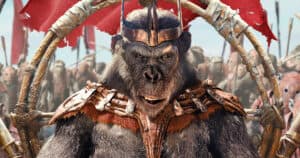
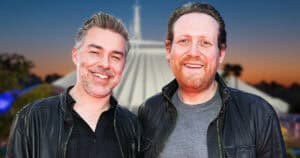

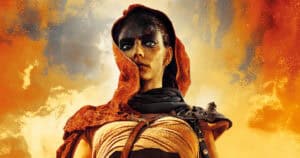
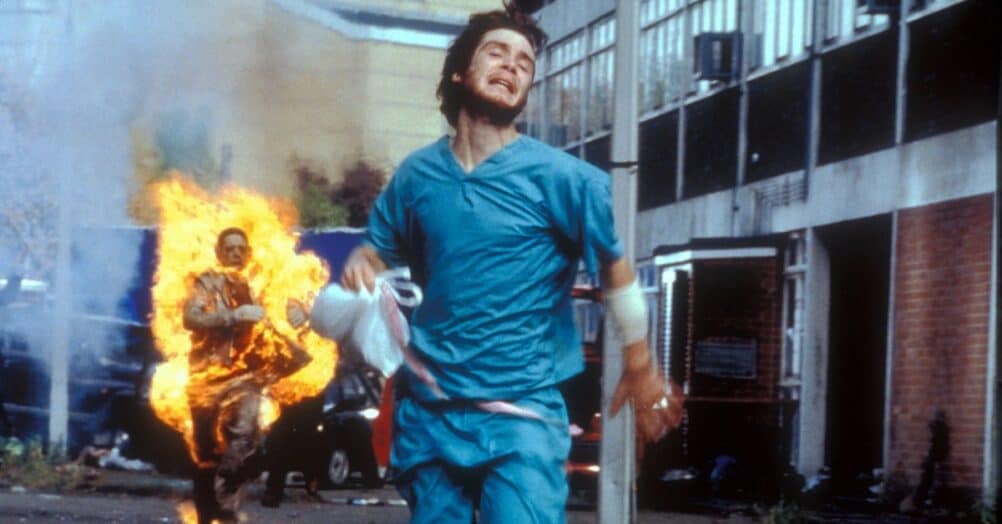
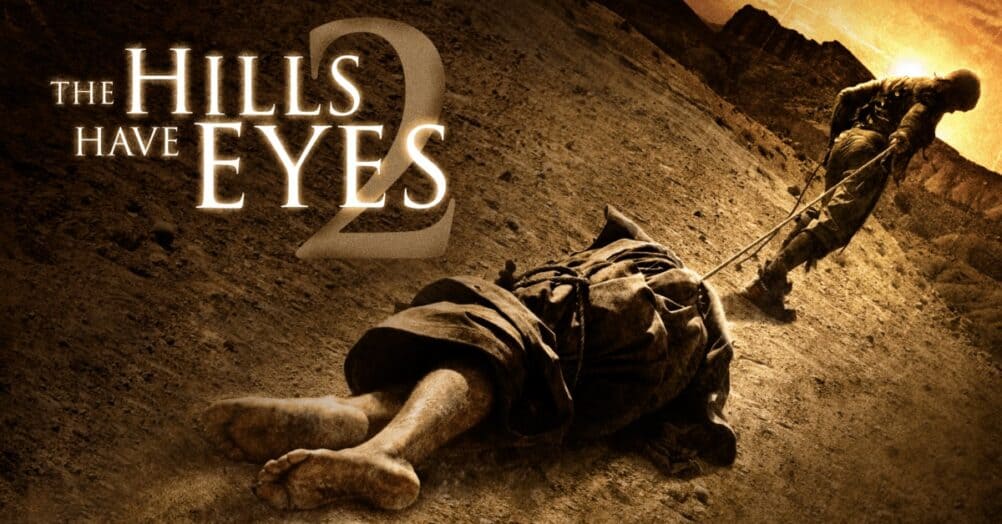
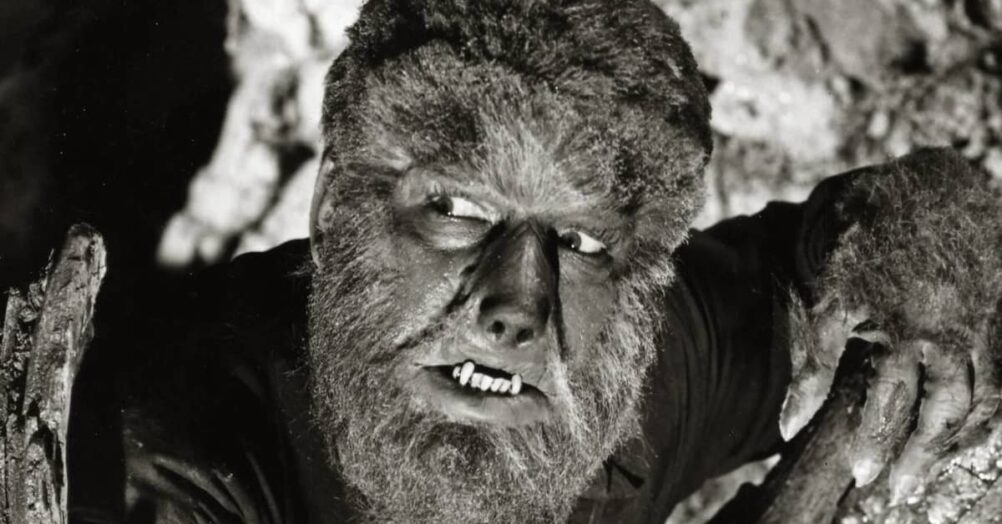
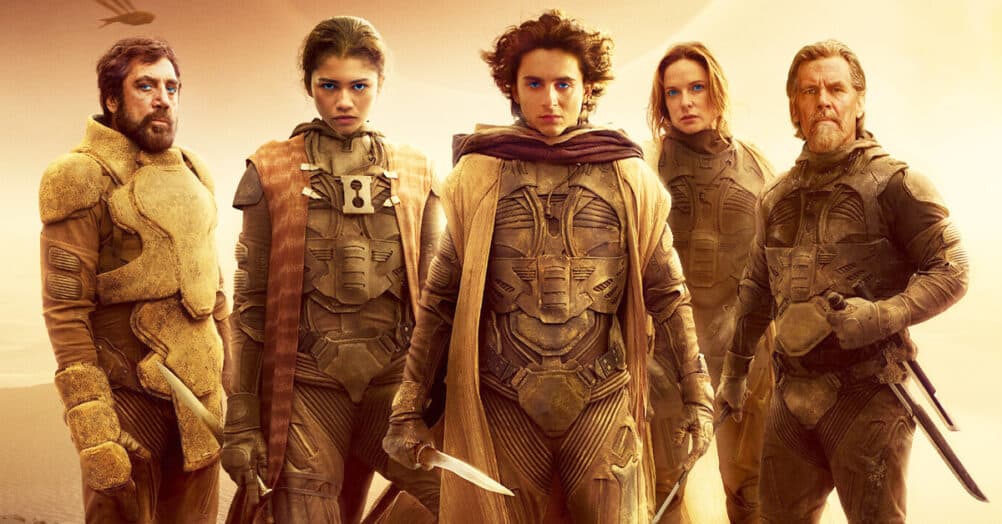
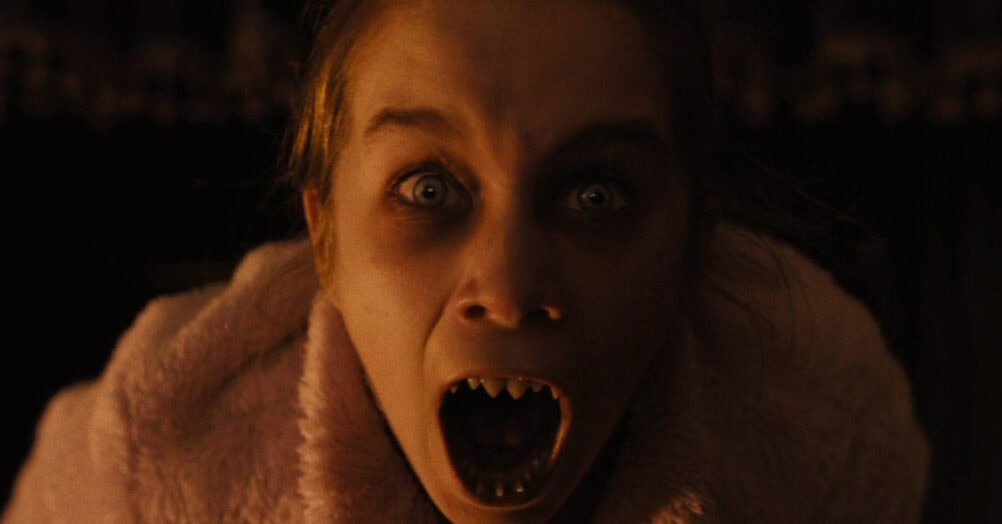
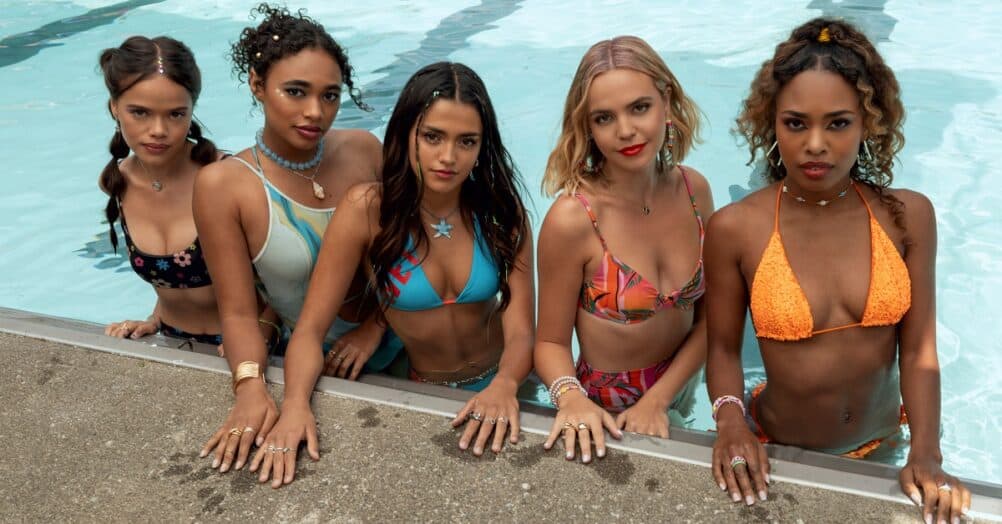
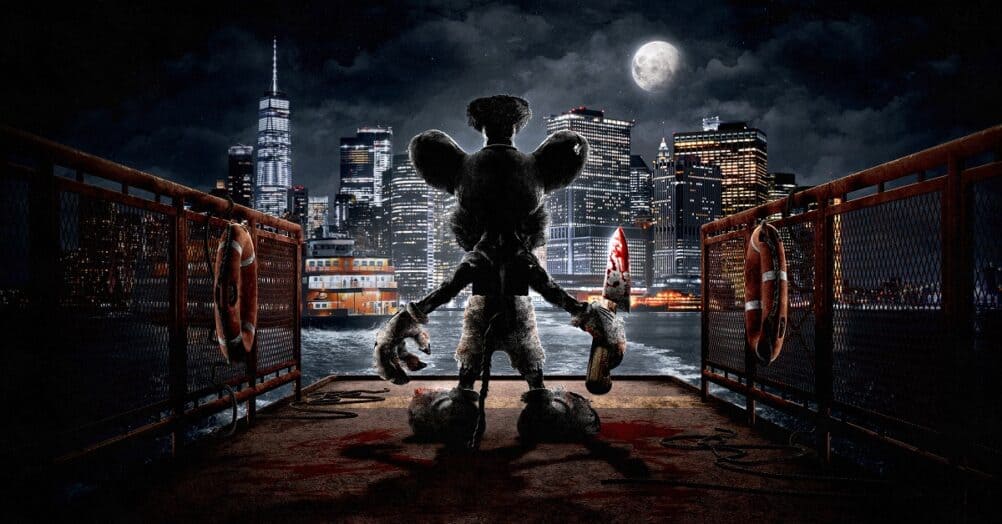
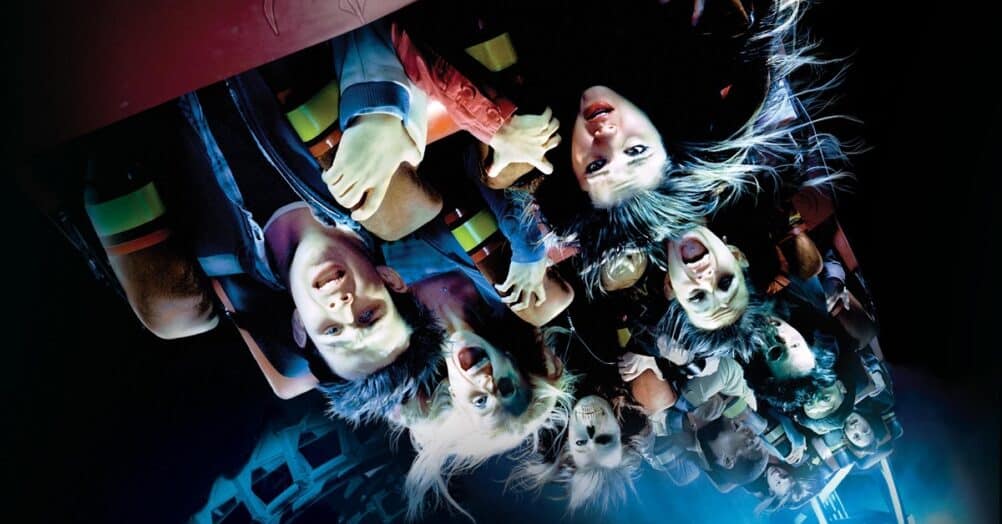
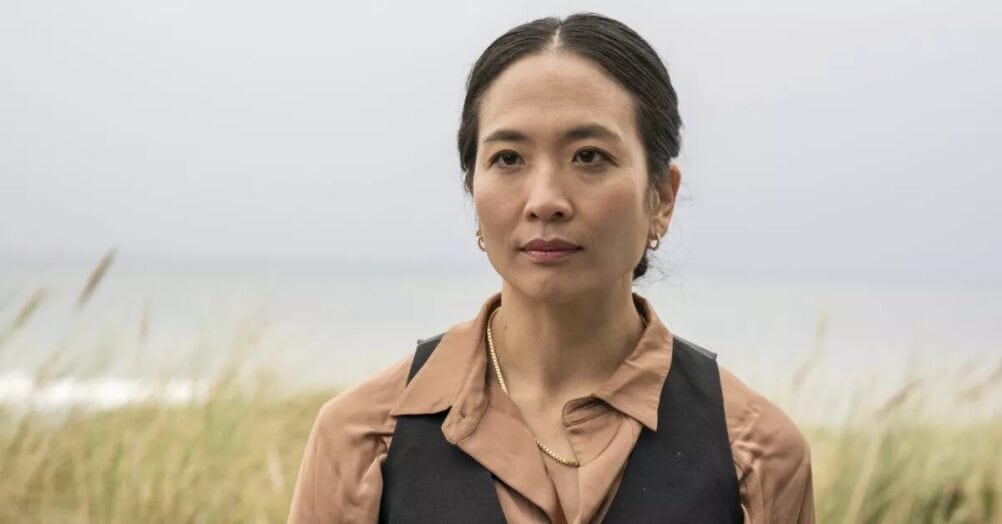
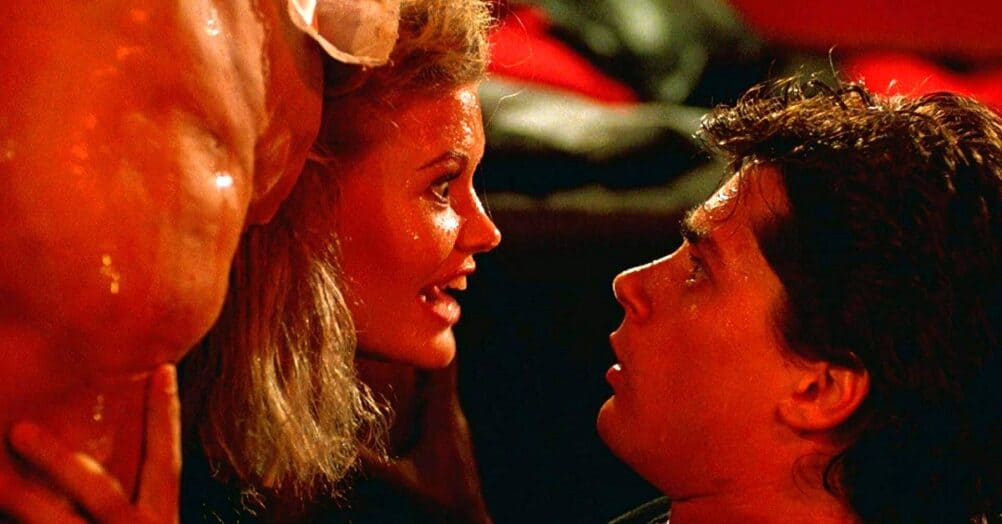
Follow the JOBLO MOVIE NETWORK
Follow us on YOUTUBE
Follow ARROW IN THE HEAD
Follow AITH on YOUTUBE